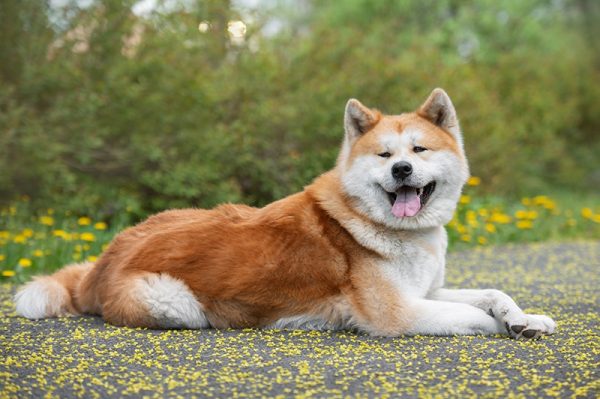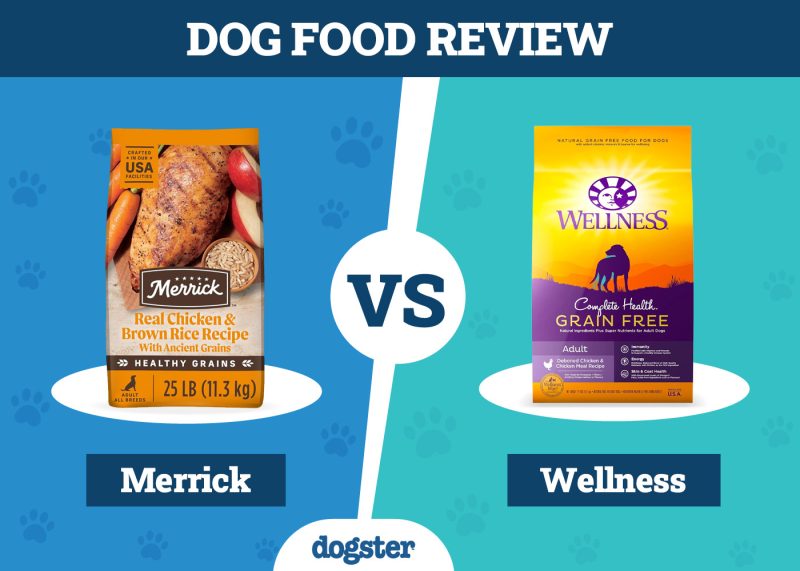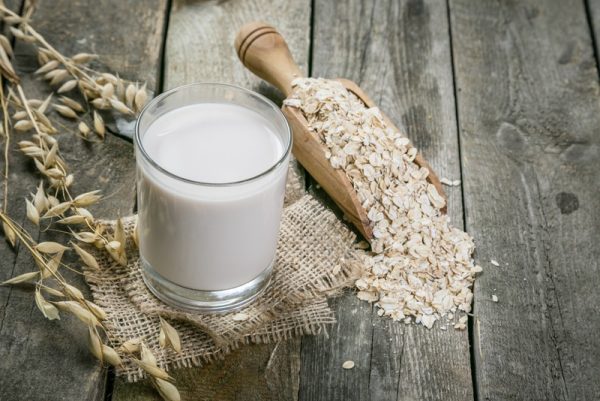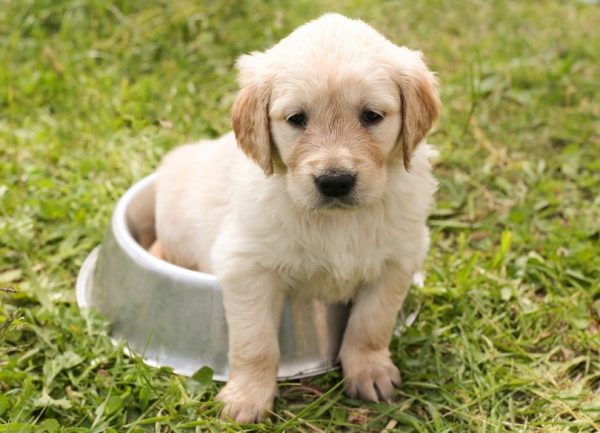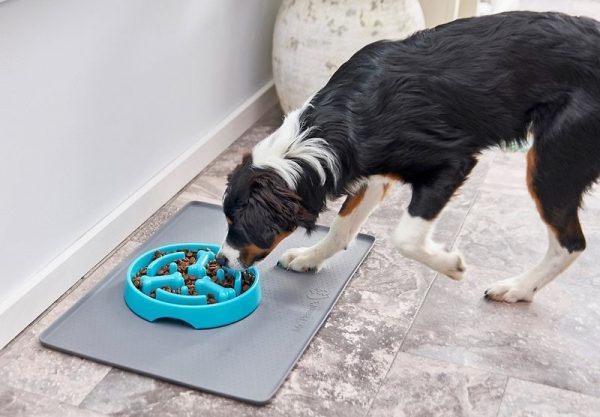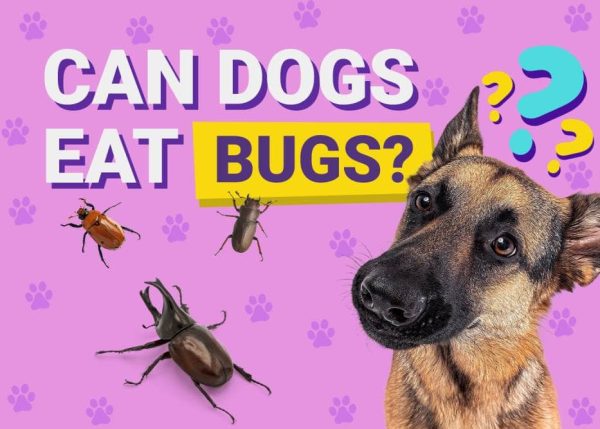In this article
View 3 More +Dogs love food and they don’t seem to be too discerning when it comes to what they chow down on. Most owners have wondered at some point if their dog has eaten something that they shouldn’t have. So what is acceptable, and what is not acceptable for a dog to eat? Just because humans can safely consume a food, it doesn’t mean that their furry counterparts can. For example, humans can eat chocolate, which is toxic to dogs.
There is little question about it, dogs love peanut butter! So, is peanut butter good for dogs? Can dogs eat peanut butter crackers? What about the other ingredients in peanut butter crackers?
The bottom line is that yes, certain peanut butter crackers can be offered to your pup as an occasional snack or treat. However, there are a few caveats and considerations to make note of, and we have laid everything out for you here.

What is in Peanut Butter?
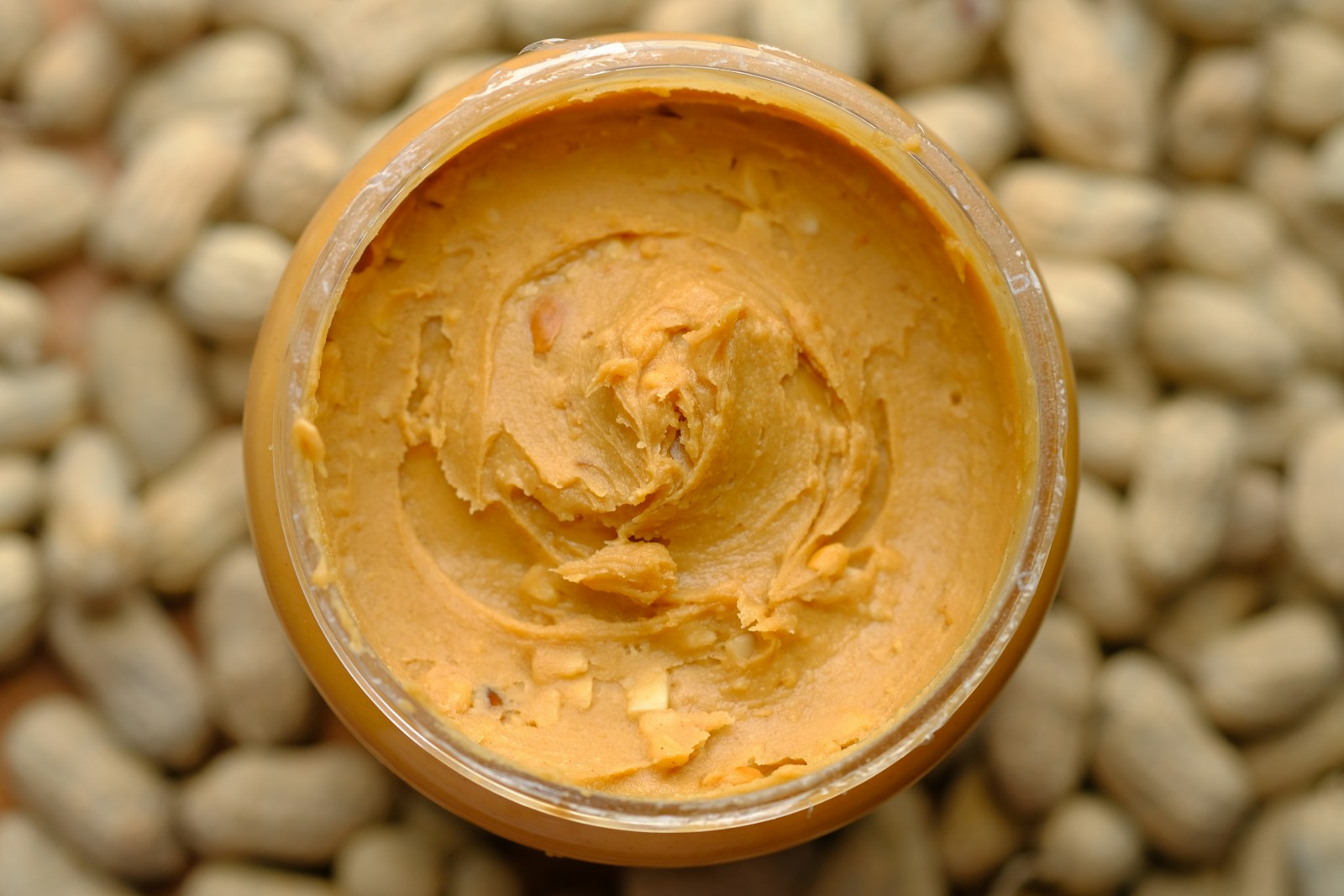
The main ingredient of peanut butter crackers is peanut butter, which, as long as it doesn’t contain xylitol (see risks of feeding peanut butter, below) is not toxic to dogs. Peanut butter can even provide nutrients that lend to a healthy mind and body, such as vitamins B and E. However, many brands of peanut butter also contain added sugar, salt and certain fats that, while not toxic, are not good in large amounts. This is especially true if your dog suffers from certain health conditions such as kidney disease or pancreatitis. It is always best to check the ingredients with your veterinarian to ensure it is acceptable for your pet.
Some of the beneficial components of peanut butter are listed below:
| Nutrient | Amount per 100 Grams | Nutrient Benefits |
| Protein | 22.5 g | Builds and repairs muscles, tissues, and ligaments |
| Calcium | 49mg | Promotes optimal skeletal health |
| Iron | 1.73 mg | Prevents anemia and promotes oxygen transport |
Giving your pup a small amount of peanut butter as an occasional treat is absolutely fine, and your pup will undoubtedly lick their lips and thank you for their tasty treat! It is important, however, to always check the ingredients of the peanut butter you buy and look for all-natural, unsalted peanut butter that lists peanuts as its only ingredient.
Feeding Peanut Butter Crackers to Your Dog
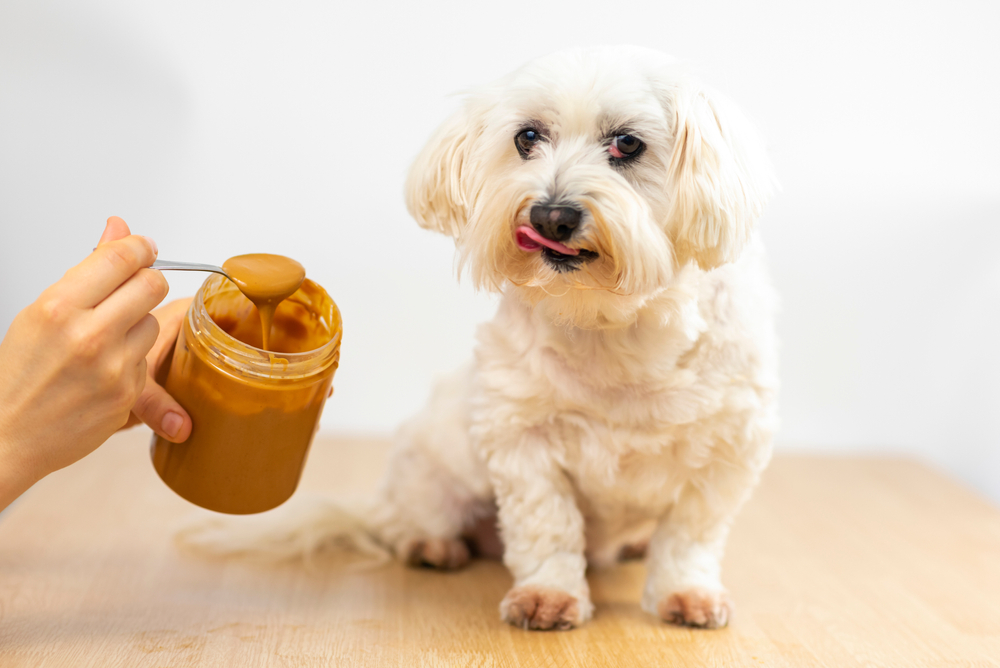
Deciding whether to feed peanut butter crackers to your dog depends on the ingredients in the crackers. If the peanut butter crackers are made specifically for dogs, it should be fine to offer them as occasional snacks and treats, as they are formulated to be safe for dogs to eat.
However, if these are human peanut butter crackers, you’ll need to carefully read the ingredients list to ensure that there is nothing toxic for dogs. Overall, though, it’s best to simply avoid giving your pup any peanut butter crackers, or other treats that are produced for human consumption.
If your dog does consume one of your peanut butter crackers, check the ingredients immediately. If the crackers are free of xylitol, then your pup will most likely be absolutely fine. Just keep an eye out for any gastrointestinal signs such as vomiting or diarrhea. Unless your dog has eaten several crackers, they are unlikely to have any serious side effects. If your dog eats a whole package of peanut butter crackers meant for humans, call your vet for expert insight.

Risks of Feeding Peanut Butter to Your Dog
As mentioned above, there are a few downsides to consider when it comes to giving peanut butter to your dog as a snack or a treat. One is whether the peanut butter has been sweetened and if so, what sweetener has been used. Natural peanut butter contains no extra sweeteners. Some peanut butter brands add real sugar or honey. Others contain an artificial sweetener called xylitol. Xylitol is extremely toxic to dogs and should be avoided at all costs. Even in small doses, xylitol can induce hypoglycemia (low blood sugar), seizures, and liver failure in canines. This is why we recommend that you carefully read the ingredients list before offering peanut butter to your pup.
Also, peanut butter contains a large amount of healthy mono-unsaturated fat as well as peanut or palm oils, so can contribute to weight gain and problems like obesity, diabetes, heart disease and mobility issues.
If you need to speak with a vet but can't get to one, head over to PangoVet. It's our online service where you can talk to a vet online and get the advice you need for your pet — all at an affordable price!
What to Do if Your Dog Has Accidentally Eaten Something Containing Xylitol
If you have accidentally fed your dog peanut butter that you later realize contains xylitol, it is vital that you visit your veterinarian as an emergency. Aggressive treatment from a veterinarian is essential to reduce the effects of toxicity, and the sooner you can get your dog to the vet, the better chance your pooch will recover.

Homemade Peanut Butter Treats to Consider
If you want to avoid all the confusion but don’t want to deprive your pup of the taste and texture of peanut butter, you can make your own peanut butter at home by simply grinding peanuts in a food processor. Make sure that the peanuts you use are from a reputable source and fit for human consumption. This is to avoid any risk of the Aspergillus fungus that can be found on peanuts grown in the wild.
Once you’ve made your peanut butter, here are a few homemade options to consider. You can easily put these together in the comfort of your own kitchen.
- Peanut Butter Smoothie — Blend 1 tablespoon of peanut butter, ice, and a few slices of banana to create a delicious summer treat for your canine companion.
- Peanut Butter Cookies — Mix peanut butter with dried oats, water, and two eggs. Then, drop a tablespoon or so at a time on a baking sheet, and bake the “droppings” until they become golden brown.
- Peanut Butter As-Is — Simply pop natural peanut butter into your dog’s treat toy and let your pup lick away freely. To keep your pup entertained for longer, you can freeze the toy so that the peanut butter is firm and harder to get to.
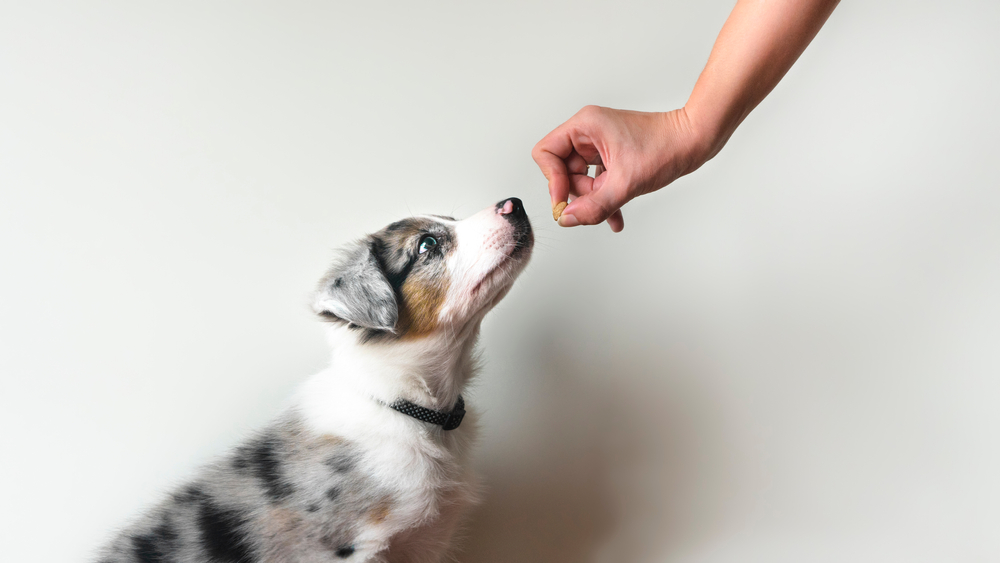

Final Thoughts
Peanut butter crackers made especially for dogs are safe in moderation. There are a number of beneficial ingredients in peanut butter, so it certainly doesn’t have to be struck off the list, but it should be given as a treat and not an everyday staple. Making your own peanut butter treats avoids the confusion of the additives in commercial peanut butters, and is just as tasty. However, if you are using commercially available peanut butter, make sure you check the ingredients to avoid extra salt, sugar and sweetener (especially xylitol!)
See Also:
- Can Dogs Eat Marshmallows? Vet-Verified Risks & FAQ
- Can Dogs Be Allergic to Peanut Butter? (Vet Answer)
Featured Image Credit: Andriana Syvanych, Shutterstock



